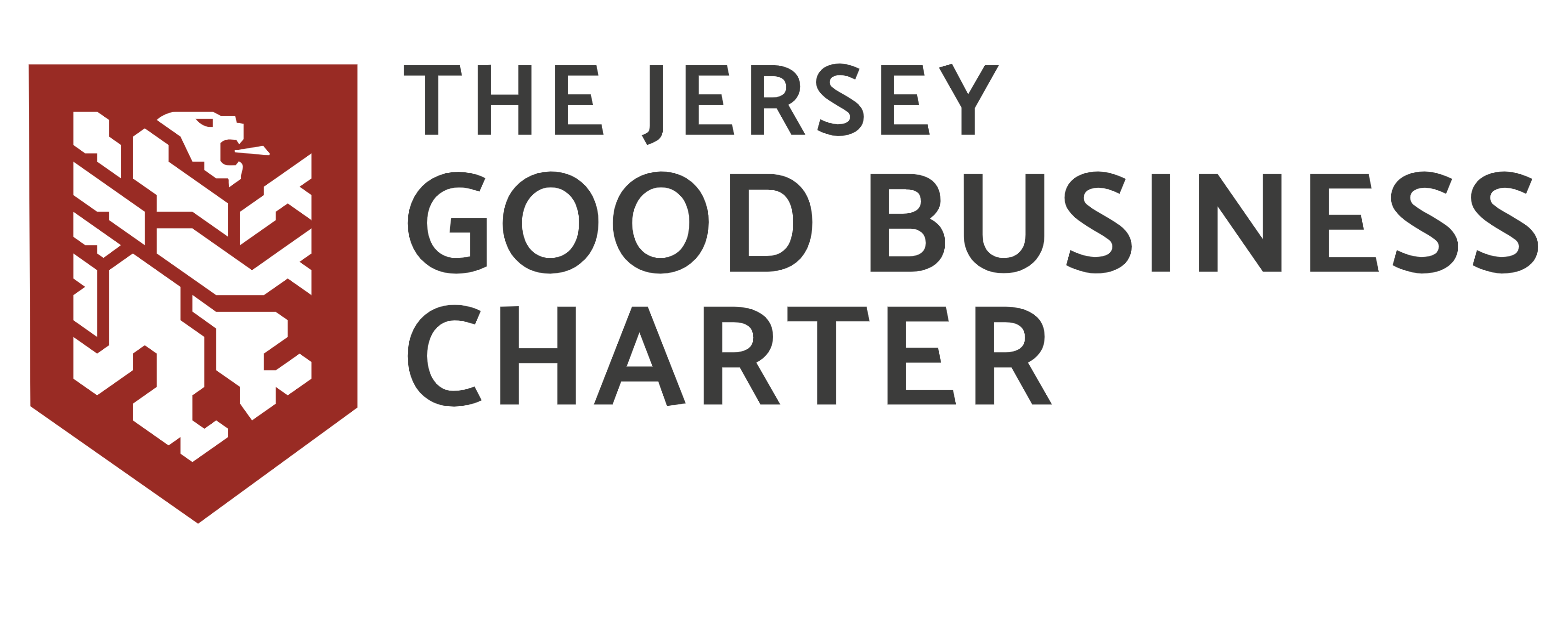In the intricate web of business operations, the treatment of suppliers often serves as a litmus test for an organization’s commitment to ethical conduct. Fair treatment of suppliers not only aligns with moral imperatives but also nurtures sustainable, mutually beneficial relationships that drive business success. As managers and leaders, it’s imperative to champion fairness in dealings with suppliers, recognizing its pivotal role in fostering trust, transparency, and long-term partnerships.
Why Fair Treatment of Suppliers Matters:
At the heart of fair treatment lies the acknowledgment of suppliers as valuable partners essential to the seamless functioning of any business. Here’s why it’s crucial:
- Ethical Imperative: Treating suppliers fairly is not just about compliance; it’s about doing what’s right. It reflects a commitment to integrity and respect for the contributions of all stakeholders.
- Sustainable Relationships: Fair treatment builds trust and loyalty, laying the foundation for enduring supplier relationships. It reduces the risk of disruptions in the supply chain and fosters collaboration for mutual growth.
- Reputational Impact: In an age of heightened social consciousness, businesses are scrutinized not only for their products or services but also for their ethical practices. Fair treatment enhances brand reputation and fosters goodwill among customers and partners.
- Economic Vitality: Supporting local suppliers and businesses bolsters the local economy, driving prosperity and creating a ripple effect of positive social and economic outcomes.
Exploring the Criteria for Fair Treatment:
To operationalize fair treatment, businesses can refer to a set of indicative criteria encapsulated within the principles of Decent Terms, Decent Selection, Decent Communications, and Decent Partnering. Let’s delve into each criterion and explore what businesses can and should be doing:
- Decent Terms of Business: Ensure prompt payment policies and fair contractual terms, particularly for small business suppliers.
- Decent Supplier Selection: Prioritize local suppliers, provide tender opportunities, and evaluate suppliers based on a broad scorecard beyond cost considerations.
- Decent Supplier Communications: Foster transparent, open dealings with suppliers, grant access to decision-makers, and provide timely feedback and support.
- Decent Partnering: Embrace collaborative ventures with local businesses, government entities, industry bodies, and even competitors to drive innovation and collective growth.
Actionable Steps for Managers and Leaders:
- Assess Current Practices: Conduct a comprehensive review of existing supplier relationships and practices against the indicative criteria for fair treatment.
- Engage in Dialogue: Foster open communication channels with suppliers to understand their needs, challenges, and expectations.
- Implement Fair Policies: Establish clear policies and procedures that promote fairness in supplier dealings, from payment terms to tender processes.
- Lead by Example: Demonstrate ethical leadership by prioritizing fair treatment in all supplier interactions and holding team members accountable.
- Continuously Improve: Regularly evaluate and refine supplier management practices, seeking feedback from both internal stakeholders and suppliers themselves.
Conclusion:
Fair treatment of suppliers isn’t just a box to tick; it’s a fundamental ethos that drives sustainable business practices and fosters a culture of integrity and trust. By embracing the principles outlined above and taking tangible steps to operationalize fair treatment, managers and leaders can lay the groundwork for enduring supplier relationships that contribute to both business success and societal well-being. Let fairness be the cornerstone of your supplier strategy, guiding your organization toward a future built on ethical principles and collaborative partnerships.
